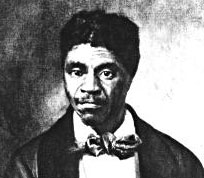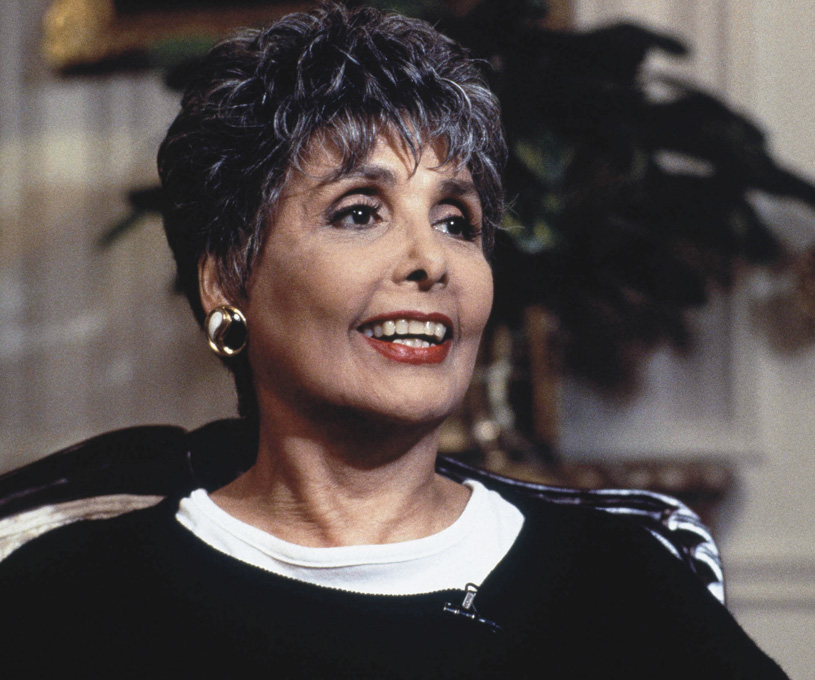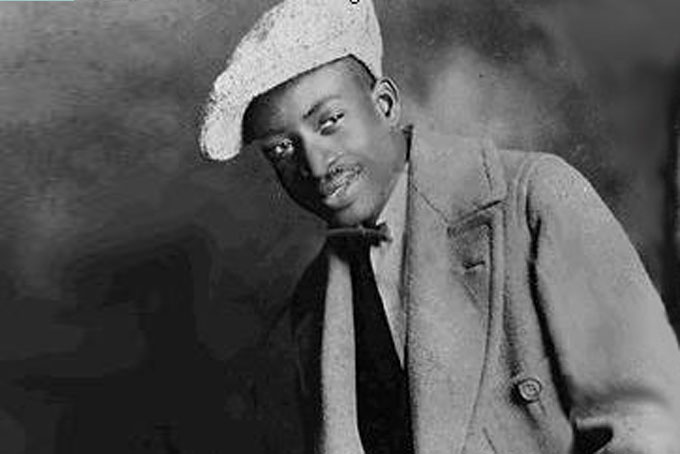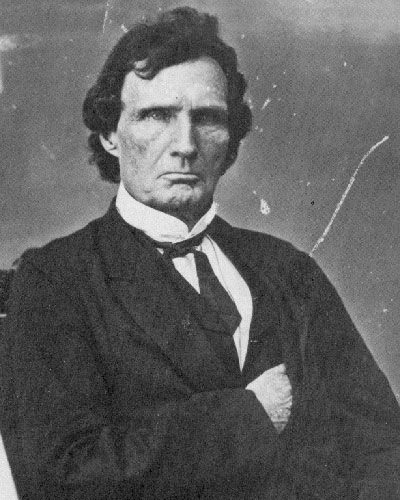Tennis star Arthur Ashe becomes the first Black man to win the men’s singles championship at Wimbledon defeating Jimmy Connors.
June 29
1970—NAACP Chairman Stephen Gill Spottswood creates a national controversy by telling the annual convention of the civil rights organization that the administration of President Richard Nixon was “anti-Negro” and was pursuing policies “inimical to the needs and aspirations” of African-Americans.
1972—The United States Supreme Court rules in a historic five to four decision that as it was being carried out in America, the death penalty was “cruel and unusual punishment” and thus violated the Constitution. The ruling also suggested that the death penalty was racist. At the time 483 of the approximately 600 people waiting to be executed in the nation were Blacks or members of other minority groups. However, since the decision, at least 38 states and the federal government have re-instituted the death penalty by supposedly meeting Supreme Court guidelines.
June 30

DRED SCOTT
1847—Dred Scott (and his wife, Harriet) files his famous lawsuit in St. Louis Circuit Court arguing that after living with a slave master for several years in non-slave territories, they should be considered free. After several twists and turns, the case makes its way to the United States Supreme Court where the court rules against Scott and Justice Roger B. Taney writes what may be the most racist decision ever rendered by the court. Taney wrote that Scott was “private property” and had no right to sue in federal court. He also declared that Blacks were not citizens of America and never could be. Then he topped the decision by writing of Scott and all Blacks, “being of inferior order, and altogether unfit to associate with the White race…they have no rights which the White man is bound to respect.”

1917—Glamorous Singer-Actress Lena Horne is born in Brooklyn, N.Y., to an upper-income Black family. She would perform with Jazz greats such as Artie Shaw, Teddy Wilson, Billy Strayhorn and Duke Ellington. She also became the first African-American woman to sign a long-term contract with a major Hollywood studio. But she became disenchanted with Hollywood and returned to her nightclub career. She is best known for her 1940s hit “Stormy Weather.” In her later years she became active in civil rights including participation in Martin Luther King Jr.’s historic 1963 March on Washington. Horne died on May 9, 2010 at the age of 92.
1967—Major Robert H. Lawrence is named the first Black U.S. astronaut in the NASA space program. The Chicago-born Lawrence would later die under somewhat mysterious circumstances during a training exercise in December 1967.
1974—A deranged Black man, Marcus Chennault, shoots and kills the mother of Dr. Martin Luther King Jr. at the Ebenezer Baptist Church in Atlanta. Along with Alberta Christine Williams King, a church deacon was killed and another church member wounded. Chennault, a Dayton, Ohio, native, reportedly claimed that Black Christians were deceiving and misleading Black people.

1995—Song-stylist and singer Phyllis Hyman commits suicide in New York City shortly before she was scheduled to perform at a concert. Hyman was one of the premier female vocalists of her day. The reasons for her suicide were unclear. She left a note which read in part “I’m tired. I’m tired.” Hyman was 45—six days short of her 46 birthday—when she died.
July 1
1863—Walter Francis White is born in Atlanta, Ga. For nearly 25 years White was one of the most influential Black leaders in the nation. He headed the NAACP from 1931 to 1955. However, he first received national attention because of the way he looked. As a light-complexioned Black man with blue eyes, White was able to infiltrate racist groups and investigate planned brutality against Blacks. But in 1919, he barely escaped with his life while attempting to investigate the deadly Elaine Race Riot in Phillips County, Ark., which had left more than 200 Blacks dead. Somehow the mob discovered that White was in the area and set out to lynch him. But he was able to catch a train back to Little Rock before he could be identified. While on the train, the White conductor told him he was leaving town too early because the mob had discovered “a damn yellow Nigger passing for White and the boys are going to get him.” White would die in New York City in 1955. His autobiography is entitled “A Man Called White.”

1899—Thomas Andrew Dorsey is born in Villa Rica, Ga. Dorsey is widely credited with being the “Father of Gospel Music.” During the early 1930s, after leaving Atlanta for Chicago, Dorsey combined gospel and the blues while performing under the name “Georgia Tom.” He wrote more than 400 gospel and blues songs including his most famous “Precious Lord, Take My Hand.” He died in Chicago in 1993 at the age of 96. Once asked to comment on his life, Dorsey said, “I had hope, faith, courage, aspiration and most of all determination to accomplish something in life.”
July 2
1777—Vermont becomes first U.S. territory to abolish slavery. By 1783, New Hampshire and Massachusetts had followed Vermont’s lead. The abolition of slavery was formally placed in the Vermont Constitution, which was formally adopted on July 8, 1777. A major force in the early abolition movement was a group known as the Rights of Man Movement.
1822—Denmark Vesey and five of his co-conspirators are hanged in Charleston, S.C. Vesey’s “crime” had been the organization of the largest slave rebellion in American history. But the insurrection was betrayed by a “house slave” before it could be implemented. Vesey was actually a former slave who had purchased his freedom.
1908—Thurgood Marshall is born in Baltimore, Md. Marshall would go on to become chief counsel for the NAACP and the lead attorney in the Brown v. Board of Education case, which led to the desegregation of the nation’s schools. President Lyndon Johnson would, in June 1967, nominate him to be the first African-American Justice on the United States Supreme Court because as Johnson put it, “It was the right thing to do and the right time to do it.”
1943—Lt. Charles Hall became the first African-American pilot to shoot down a Nazi warplane during World War II. Hall was from Brazil, Ind.
July 3
1775—Prince Hall founds African Lodge Number One—the first Black lodge of Free Masons in the United States. Hall would become the pioneer builder of Black Masons in America. He was also a leading voice against slavery and for Black rights in the North.
1962—The first Black man permitted to play Major League Baseball, Jackie Robinson, is named to the Baseball Hall of Fame.

THADDEUS STEVENS
July 4
1792—Thaddeus Stevens is born. Stevens would become one of the great White heroes of Black history. He was a leader of a group known as the “Radical Republicans” which fought tirelessly in Congress against slavery. It was Stevens who introduced the 14th Amendment to the Constitution which, in effect, made the former slaves full citizens of the United States. It also contains the due process and equal protection clauses of the Constitution. These clauses are now considered two of the most fundamental underpinnings of American law and were used extensively during the Civil Rights Movement to outlaw discrimination against Blacks.

July 5
1975—Tennis star Arthur Ashe becomes the first Black man to win the men’s singles championship at Wimbledon defeating Jimmy Connors. Ashe was born and raised in Richmond, Va. During his prestigious career he had become active in several social causes including frequent protests against the system of racial oppression known as apartheid in then White-ruled South Africa. Ashe contracted AIDS as a result of blood transfusion in 1988. He died of AIDS complications on Feb. 6, 1993.
